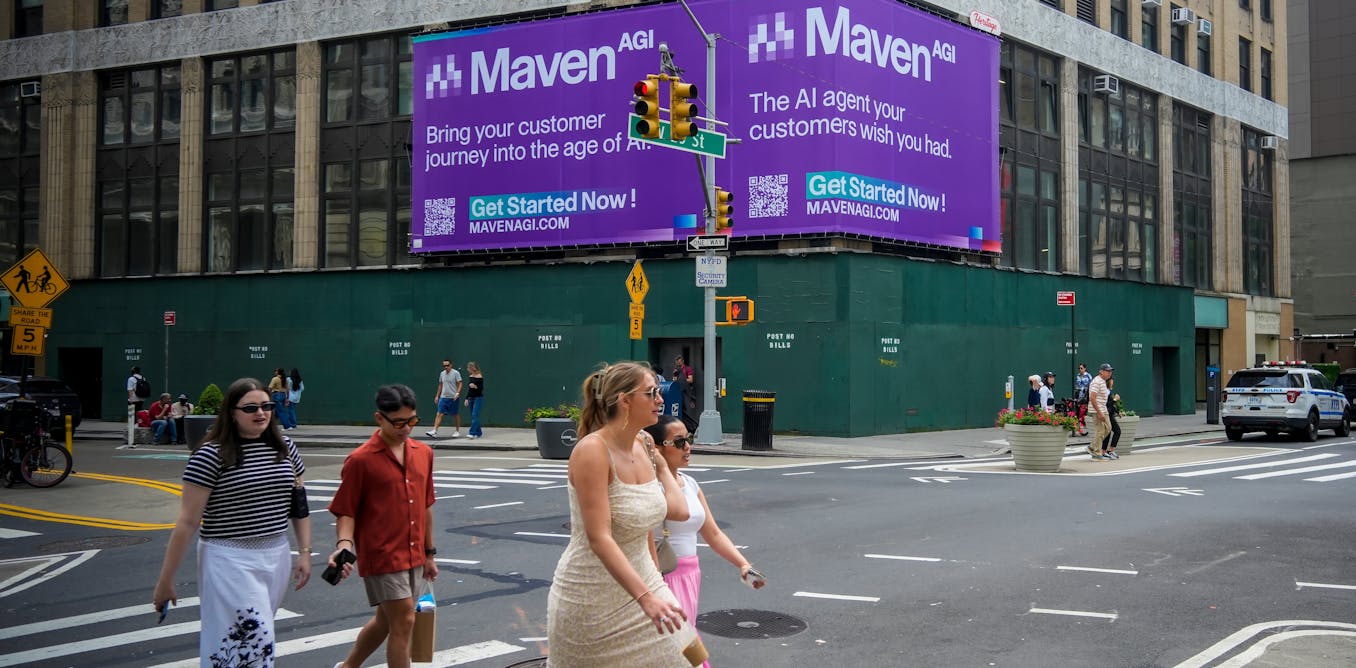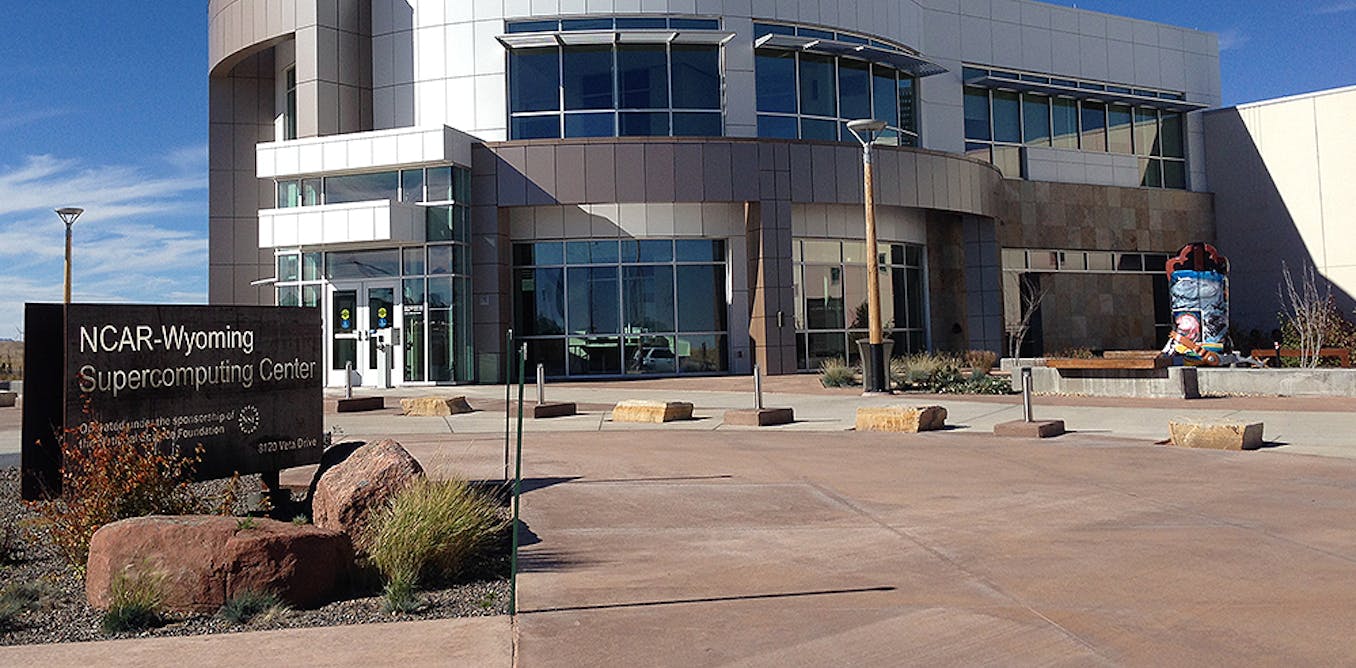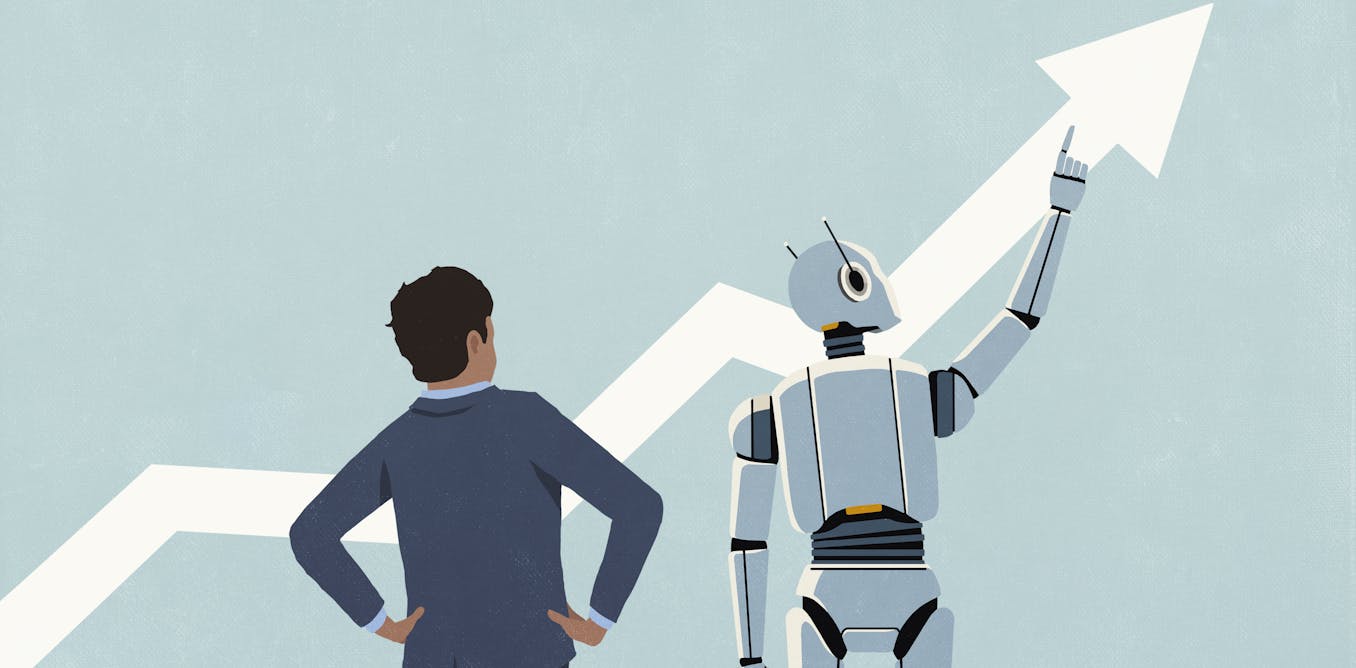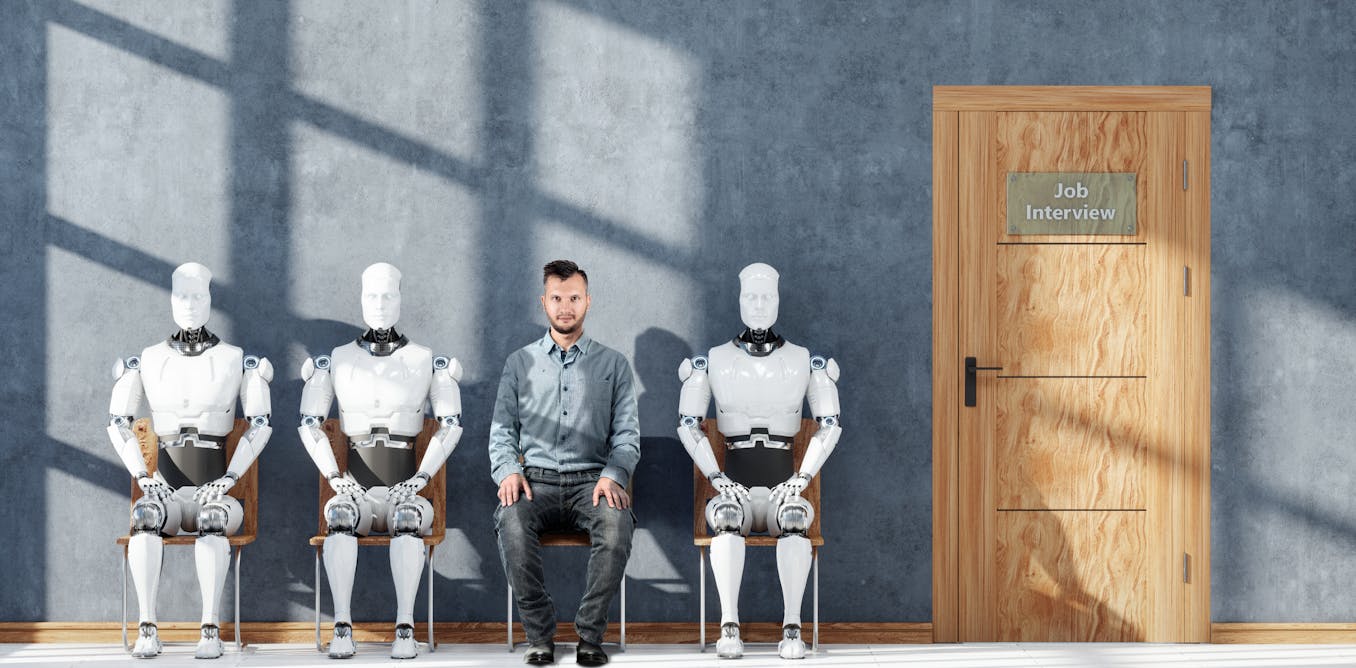People often prioritize the well-being of family, friends and neighbors, as they feel a closeness emotionally and share the same temporal context. But they overlook how people born decades or centuries from now may suffer as a result of today’s failures to address major global risks such as climate change, future pandemics and unregulated artificial intelligence.
Our new research, published in the British Journal of Social Psychology, shows that brief, low-cost psychological interventions can help individuals adopt a more expansive moral perspective to include future generations.
We conducted three online studies with over 8,700 participants to examine whether prompting people to consider the long-term consequences of their actions could shift moral priorities beyond the present.
In one of two interventions, participants imagined themselves serving on a government committee responsible for protecting future generations. Their task was to ensure that new legislation accounted not only for immediate needs but also for long-term impacts; they were asked to write a speech communicating these goals to the American public. This exercise highlighted institutional responsibility and the role of collective action across time.
In the second intervention, participants engaged with a more personal thought experiment adapted from philosopher William MacAskill’s book “What We Owe the Future,” which explores our moral responsibility toward humanity’s long-term future.
Here, they read a scenario about a hiker who comes across broken glass on a remote trail – glass that may one day injure an unknown child. Should the hiker clean it up, even though no one is watching and the child may not appear for decades? After reflecting on this story, participants were asked to write about what they themselves could do to help make the future better for others.
Moral concern for both intervention and control participants was assessed using the Moral Expansiveness Scale. We asked participants to rate how much moral concern they felt for a wide range of issues. These included concern for future generations, alongside family and friends, strangers, marginalized groups such as LGBTQ+ people, animals and the natural environment.
Why it matters
Although these exercises differed, one emphasizing collective responsibility and the other individual, both led to the same outcome: Participants randomly assigned to an intervention condition expressed significantly greater moral concern for future generations than those assigned to a control condition who completed neither exercise.
This effect held across cultural contexts and across six diverse countries – the U.S., Argentina, South Africa, the Philippines, the U.K. and Australia – and persisted even when participants were required to make trade-offs in a zero-sum version of the Moral Expansiveness Scale. In this version of the task, they distributed a fixed number of “moral concern points” across competing groups, compelling them to weigh the moral importance of future generations against that of present-day entities like family members, strangers, nature and others.
What’s especially intriguing, however, is that the elevated concern for future generations among intervention participants did not come at the expense of concern for other socially distant entities or those viewed as marginalized.
What changed was how participants prioritized their moral concern: They placed slightly less emphasis on family and friends – groups that people typically prioritize most, even when they may be least in need of moral protection.
In contrast, concern increased for distant others, both living today and in the future.
What’s next
This perspective, encouraged by the interventions, could perhaps help lay the groundwork for more durable public support for addressing long-term challenges.
In future work, we hope to explore whether these interventions can inspire real-world action. This could include increased support for climate policies, voting for leaders who prioritize long-term investments like sustainable infrastructure and pandemic preparedness, or donating to causes that benefit future generations.
But how might these interventions be integrated into everyday life? One promising approach is to embed them into settings where such reflections already occur, such as schools, civic education programs or public awareness campaigns.
To assess their real-world potential, we plan to examine the durability of these effects. We want to see whether deploying them in such contexts can meaningfully inspire long-term shifts in attitudes and – importantly – behavior.
For example, brief storytelling exercises or classroom role-plays, like imagining oneself as a future-focused policymaker, could be incorporated into high school or college curricula to shape students’ values, goals and even career trajectories. Similarly, community workshops, online media or social campaigns could adapt these scenarios to foster long-term thinking in broader populations.
When people reflect on how their actions today shape the future, they may be more likely to back solutions to present-day issues like poverty and inequality, knowing these problems can have ripple effects for generations to come. They may also become more motivated to confront emerging risks, such as unregulated artificial intelligence or future pandemics, before those risks escalate.
The Research Brief is a short take on interesting academic work.
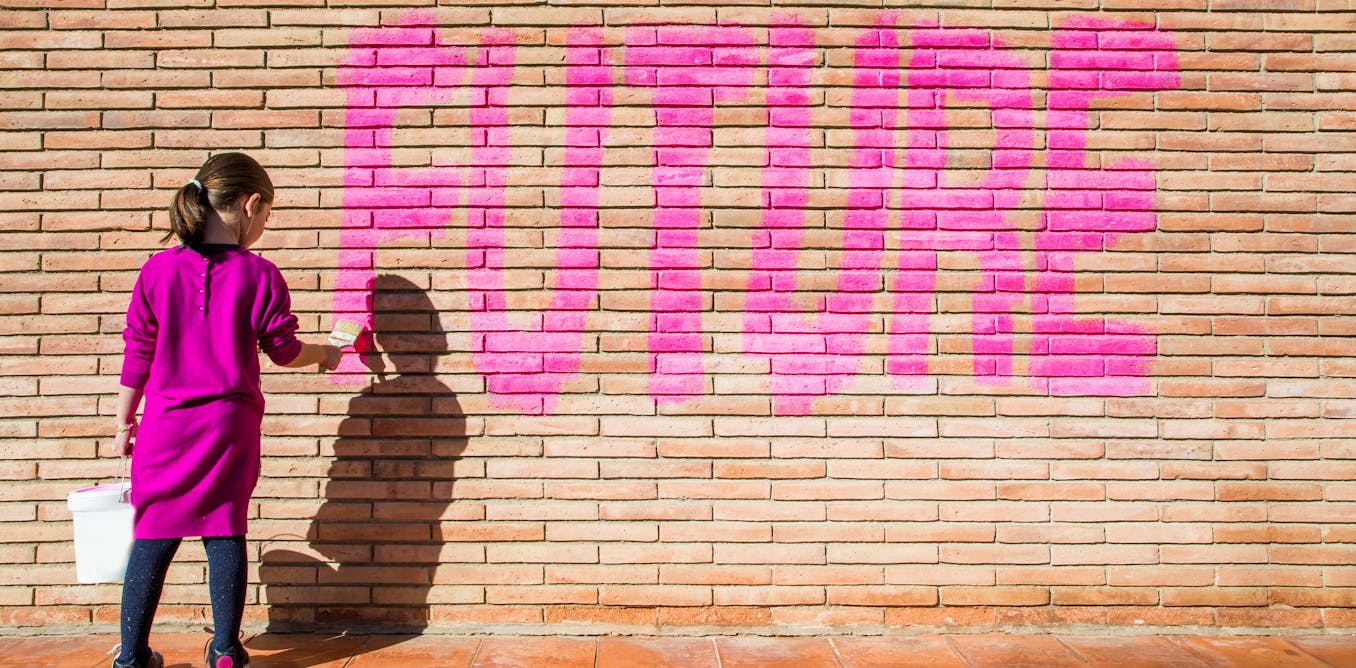
The post “We asked over 8,700 people in 6 countries to think about future generations in decision-making, and this is what we found” by Stylianos Syropoulos, Assistant Professor of Psychology, Arizona State University was published on 06/03/2025 by theconversation.com




